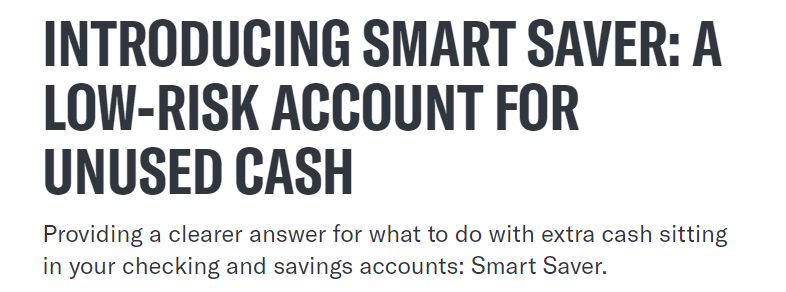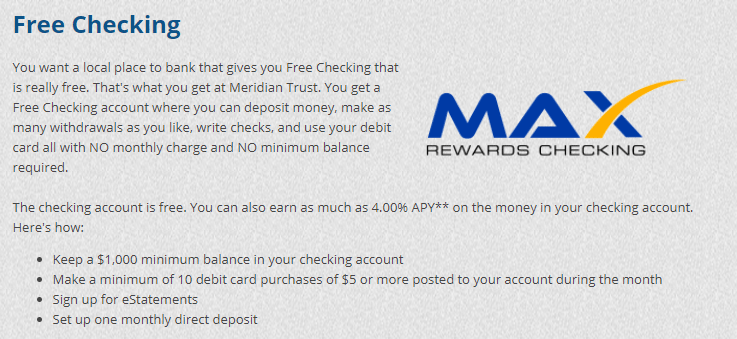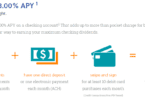Betterment has launched a savings/checking account alternative called ‘Smart Saver’. Unlike traditional savings/checking accounts this account is not FDIC or NCUA insured. Smart saver’s break down is as follows:
- U.S. Short-Term Treasury Bonds – SHV – 80% of the allocation
- U.S. Short-Term Investment Grade Bonds – NEAR – 20% of the allocation
They expect the yield to be 1.78%. To be frank, this product absolutely sucks. Here’s why:
- Your money is not insured. Traditionally a savings account has FDIC or NCUA insurance, that way if the financial institution is subject to a bank run or otherwise folds your money is protected. This is not the case with this product.
- The expected yield is lower than other accounts. Other accounts are now offering 2.25% with no requirements and up to 5% APY with requirements. Betterment is predicting a yield of 1.78%.
- It’s not liquid. You can’t immediately access your funds, Betterment states that it will take 4-5 business days to transfer back to your bank account.
The one advantage to this account is that it looks like it exempt from state and local taxes.
Hat tip to readers Ryan & Jonathan







